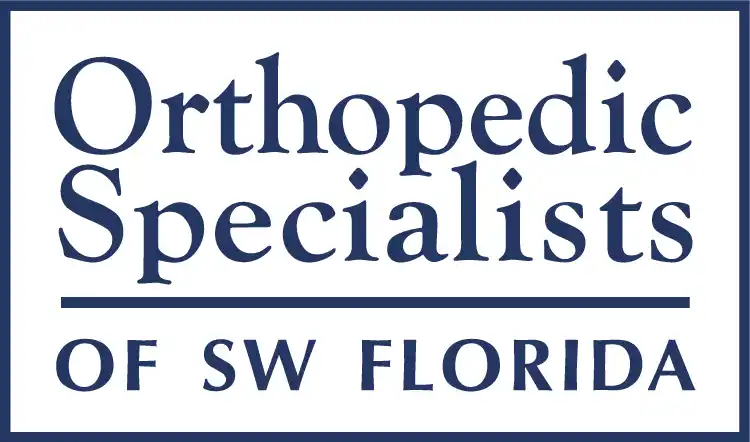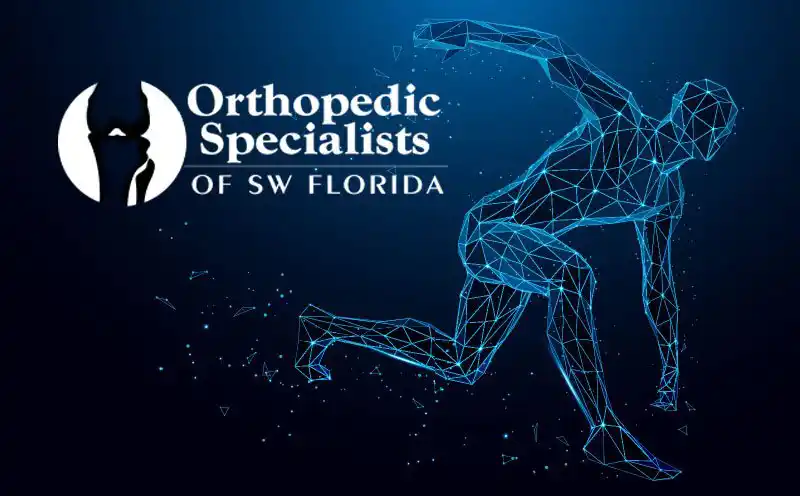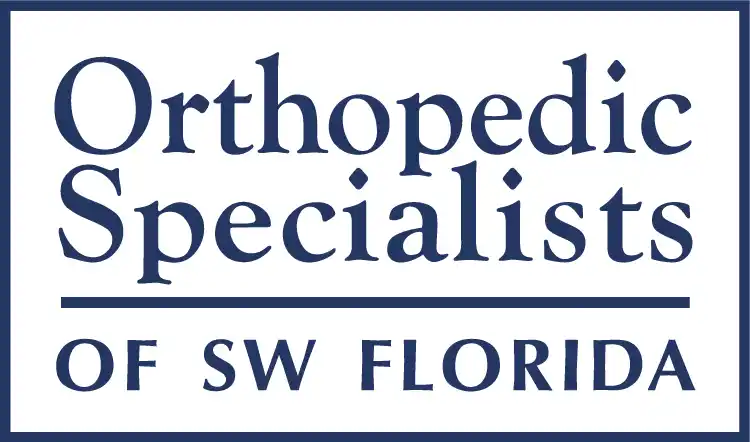Spinal stenosis is a medical condition that involves a reduced space for the spinal cord and nerves in your neck or back. This narrowing of the spinal canal results in nerve compression or pinching. Common causes of spinal stenosis include degenerative disease with the development of disc herniations or bone spurs.
Spinal stenosis can happen in any of the three regions of the spine:
- Cervical (neck)
- Lumbar (lower back)
- Thoracic (upper back)
Seeking a professional diagnosis can help determine whether you are experiencing spinal stenosis or a different spine issue. Identifying the exact concern that you are dealing with is important to receive the appropriate treatment to improve your health.
Common Spinal Stenosis Symptoms
The spinal cord and nerves control a wide range of body functions that affect your muscles, sense of touch, bladder and bowel function, and pain sensitivity. The type, frequency, and severity of spinal stenosis symptoms can vary greatly from one individual to another.
Spinal stenosis may cause any of the following symptoms in your arms, hands, legs, and/or feet:
- Cramping
- Numbness
- Pain
- Tingling
- Weakness
Neck, back, and shoulder pain are also frequent signs of spinal stenosis.
You may also struggle with a mild to a severe loss of:
- Dexterity
- Balance
- Coordination
- Bladder control
Symptoms of spinal stenosis vary from person to person and will depend on the location and severity. In more severe cases, it can even lead to issues with your bladder and bowel such as incontinence. Receiving treatment from a qualified specialist can greatly improve your quality of life and reduce any associated pain.
Diagnostic Process for Spinal Stenosis
During your initial consultation, your doctor will review your medical history, perform a thorough medical examination, and discusses your symptoms, including their onset, frequency, severity, and any aggravating factor.
You can expect medical imaging as part of the diagnostic process to determine whether you have spinal stenosis. X-rays and magnetic resonance imaging (MRI) are especially effective to identify spinal issues, including which exact nerves are experiencing compression.
Minimally Invasive Spine Surgery
Your treatment options depend on your specific situation and the severity of your symptoms. Consulting a medical practitioner who has extensive experience with spinal conditions can make a positive difference in getting the care you need.
A personalized treatment plan for spinal stenosis can include:
- Medications like nonsteroidal anti-inflammatory drugs (NSAIDs)
- Steroid injections
- Physical therapy
- Spine surgery
If those types of solutions do not provide the desired improvement, your provider may recommend a minimally invasive spine surgery, Thanks to technological advances, this procedure minimizes risks and complications while relieving pressure on specific spots. During the surgery, your doctor carefully removes the affected part of the lamina or disc that causes problems without impacting the healthy tissues and bones around the targeted area.
Recovery from this type of surgery often requires four to six weeks and your orthopedic surgeon will provide instructions to maximize your healing process. You can expect physical therapy sessions to help you regain strength, balance, and coordination.
Choose OSSWF for Your Spinal Stenosis Diagnosis and Treatment in Fort Myers
If you are concerned that your current symptoms could be due to spinal stenosis, we invite you to reach out to our spine specialists in Fort Myers. Our staff offers excellent and personalized orthopedic services from your initial consultation through any treatment plan we may create to restore your health. Our practice includes medical imaging services, surgical facilities, and physical therapy services for your convenience.
We combine state-of-the-art medical equipment with compassionate care to address your specific medical needs. You can expect clear communication to help you make informed choices and play an active role in your health.
Are you wondering if your symptoms indicate spinal stenosis? Contact Orthopedic Specialists of Southwest Florida today at 239-215-2008 to schedule a consultation in Fort Myers.


